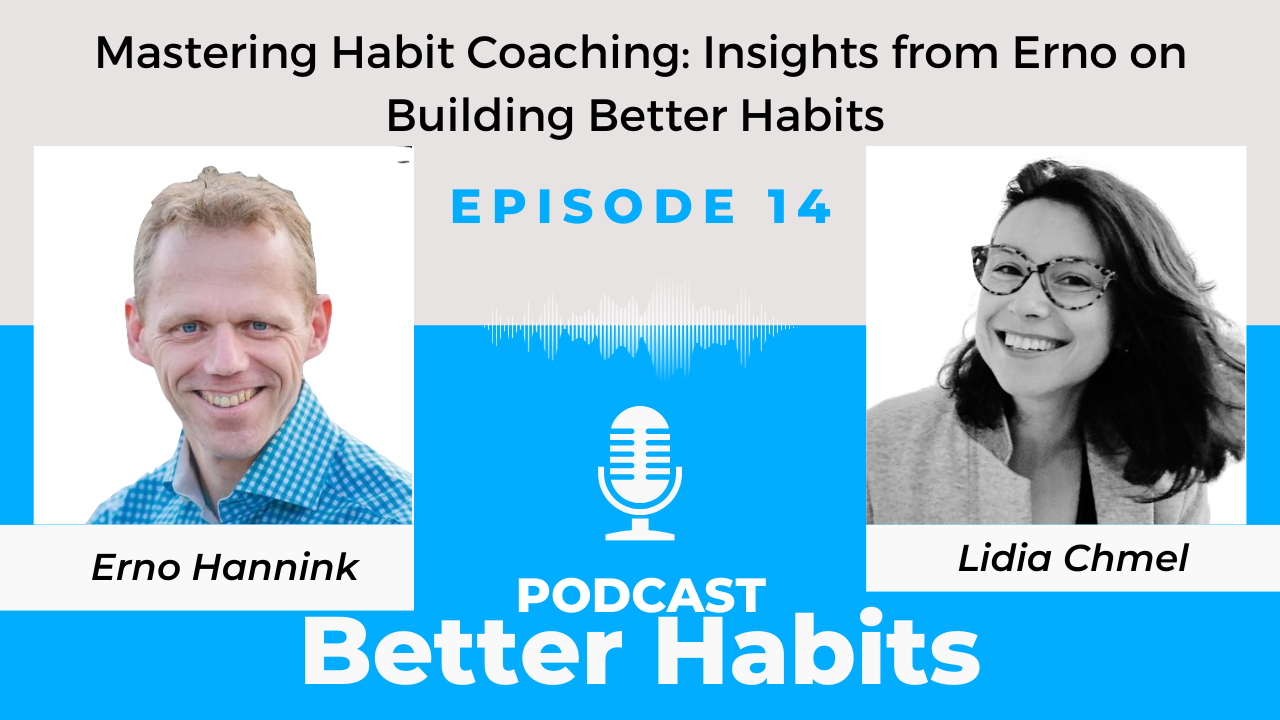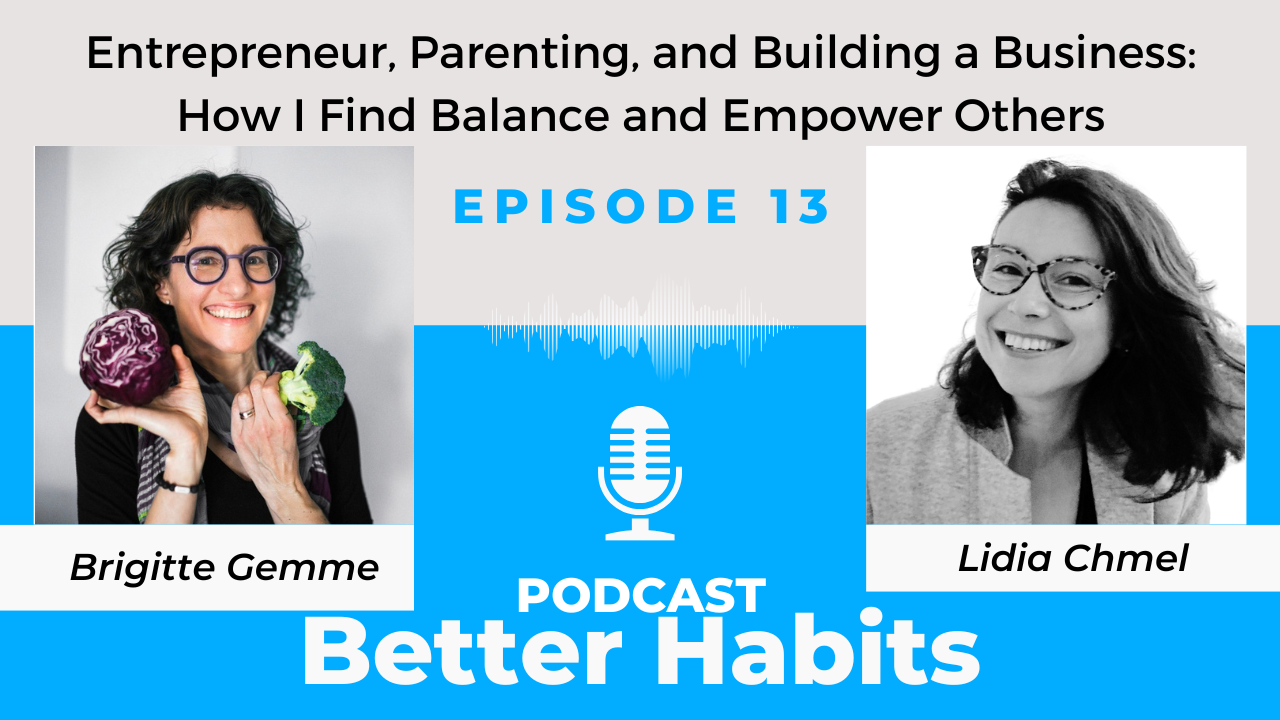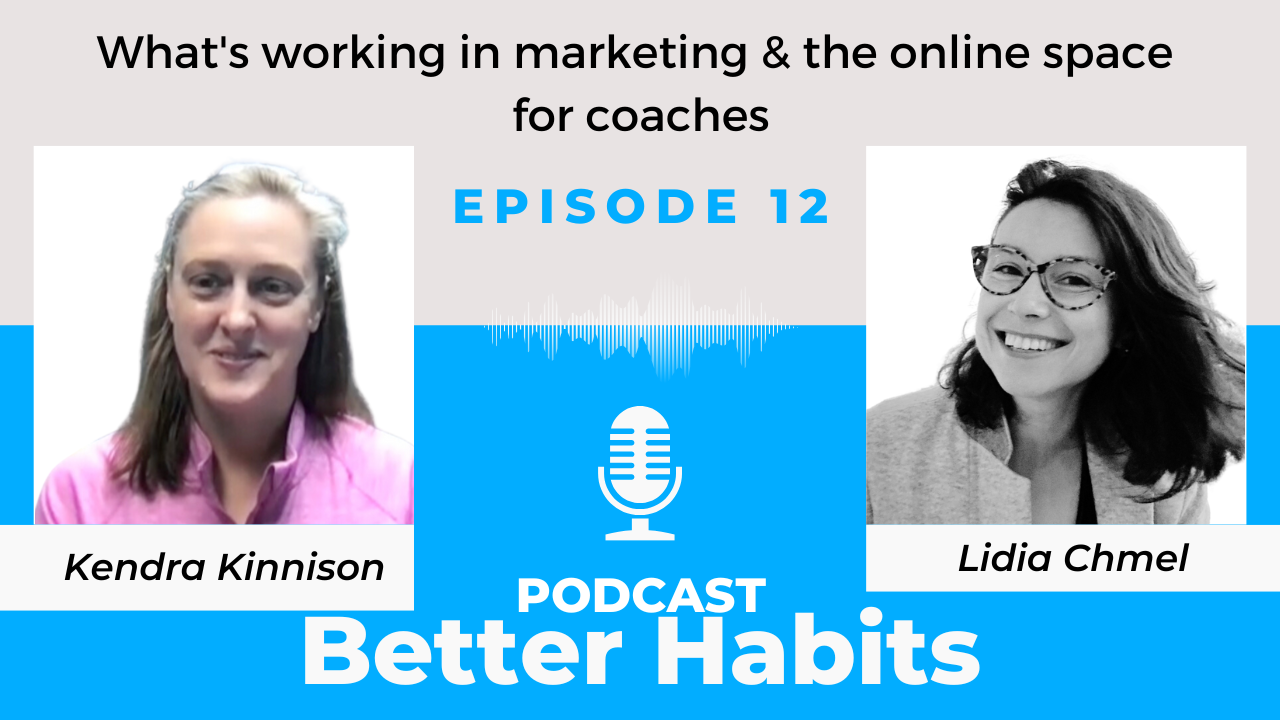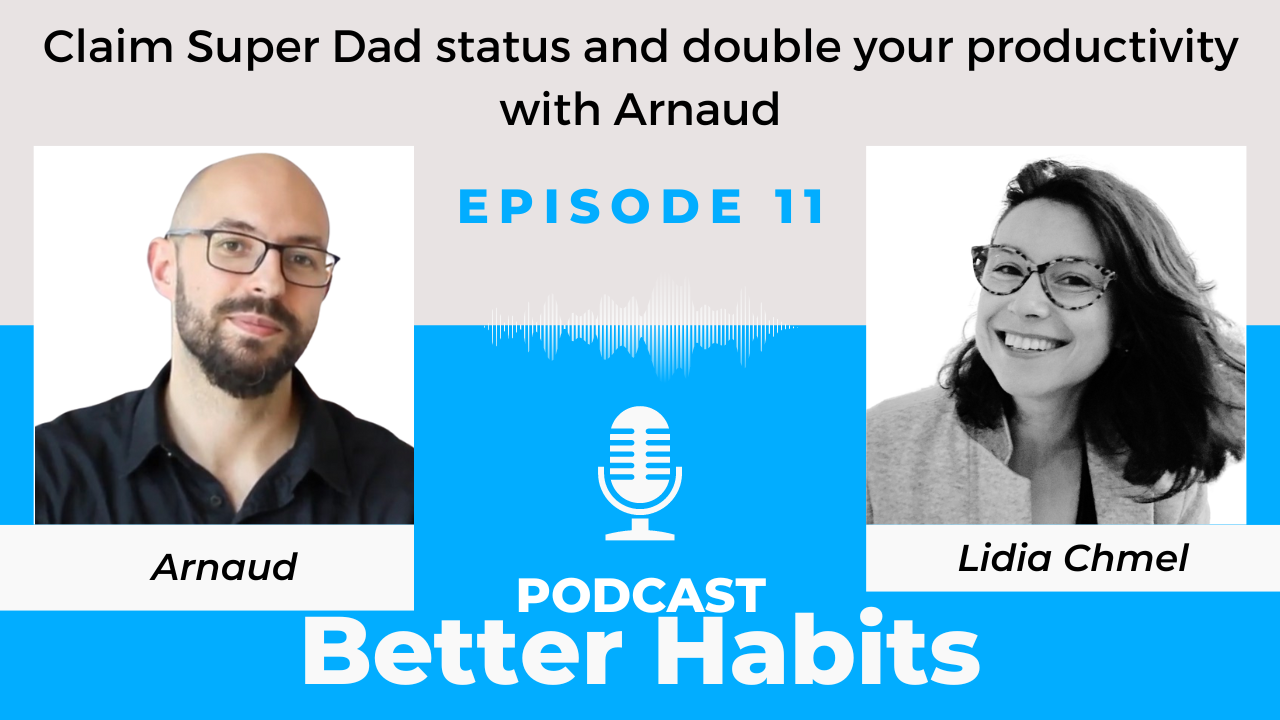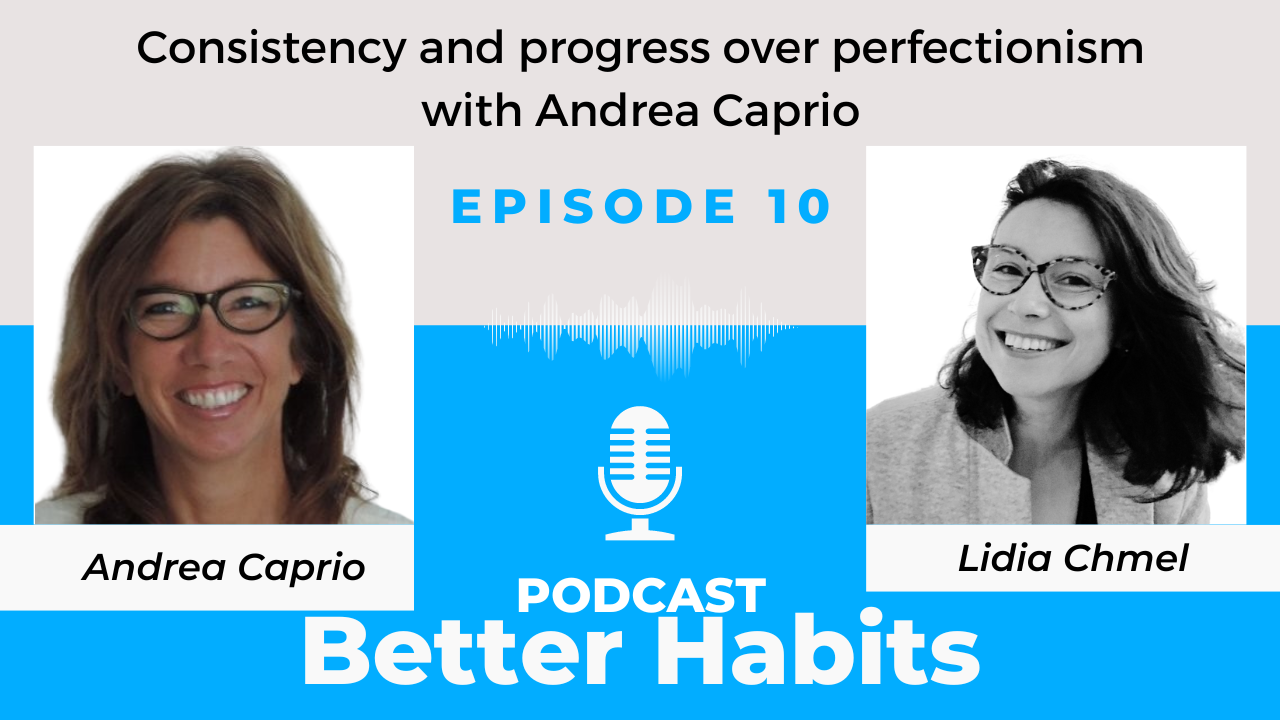Nick Mauro is a Manhattan-based writer, consultant, personal trainer, and nutritionist. He writes at thewrongsideof.com, consults for the firm PwC, and helps people achieve their fitness and nutrition goals by coaching on Coach.me.
Mauro shared a bit with us about his personal habits as well as his diet and fitness philosophy:
How do you start your own day? Do you have any daily rituals or routines?
I have a morning ritual that follows a 3-day rotation, but I’m not super strict with it. My goal, roughly, is to avoid dipping below 5 days any one week, while getting more than 5 days 80 percent of the weeks in a year. My rotation looks something like this:
- Day 1: Stretch—15 minutes, about a 20-second hold in each position.
- Day 2: Meditate—one 10-minute session. I use Headspace. Calm.com is also worth a look.
- Day 3: Core work—I use the Ab Ripper X routine (~20 minutes), which is part of the somewhat well-known P90X series. There are 3 Ab Ripper X series to date, which I switch between every few rotations.
- Day 4: Back up to Day 1.
What are your eating habits like? Do you follow any specific program of eating?
At risk of oversimplifying, the only program-like thing I do is calorie restriction. Science has shown us that we all have a number range in terms of how many calories our bodies require to maintain healthy weight. There are a slew of variables to consider…how physically active one is, their height, their age, their aspirations, etc. Bottom line, though—everyone has a range. Mindful of all this, my program is rather simple. I determine roughly how many calories I should consume and stick to roughly that number, roughly 90 percent of the time. The other 10 percent, I’m free to gorge. Worth pointing out is that I used the word “roughly” a lot in this response. I did so to stress—for however scientific my approach to nutrition is—little is gained by making it an exact science.
There’s so much research being done and advice being published, how do you tell what’s real and what’s fake? How do you decide what’s relevant and what isn’t?
This is a pretty straightforward one for me. I only consider something concrete-enough to recommend, after it has gone through an amount of impartial observation sufficient to convince the greater scientific community of its merit. I’m a skeptical person in that sense; I think it serves my clients well.
Is there any current thinking about diet and fitness that needs to be challenged?
I’m certainly not the first to say this, but I support the slow retirement of words like diet. As many have pointed out, going on a diet, presumes you’re going off it at some future time. If a client is hoping to lose weight for an event, say a wedding, then going on a diet is likely a good idea. In almost all other cases, it’s not. My recommendation to people looking to eat healthier is to work toward thinking of calories as a finite allotment. Something we’re all afforded different amounts of based on our particular circumstances, like money. We make $X/week and therefore are limited to how much we can spend. It’s said many can benefit from reapplying their well-formed practices to new disciplines.
Is there anything new you’ve started doing recently, or anything you’ve quit?
Nothing too significant comes to mind, but I recently spruced up my stretching routine. Like most who stretch, I’ve always stretched my lower body. Lately, I’ve started stretching a few new spots: neck, upper back, forearms, and hands. I feel sorta ridiculous writing that, but I’m hooked. With that said, if you only have a few minutes to stretch, lower body is king. As far as quitting, I stopped lifting weight of more than my body weight some months ago. I’m not sure yet if that’s a permanent change, but I’m liking it so far. It reduces the chance of injury, while still allowing for fulfilling workouts.
How do you make adjustments to your workout? Is it hard to know what to do when you’re tired or having a bad workout?
Well, the best thing is to work out with people who motivate one another to push slightly past everyone’s comfort zone with each workout. Of course, it’s pretty difficult to find consistent workout buddies. In that case, I highly recommend checking out bodybuilder.com‘s free workout database. It’s a great resource to create new workouts; I rely pretty heavily on it.
Can you share some of the specific things you notice your top clients doing differently than the average client?
Those who commit to tracking their calories give themselves a high chance to succeed. It slowly builds awareness and accountability—few principles are more powerful when looking to build a habit.
Coach.me provides everything you need to improve performance in diet, fitness, productivity, and life:
- Hire Nick as Your Personal Coach: get personal coaching from Nick on his favorite fitness goals.
- Meditate: try one or more of our guided meditation plans.
- Stretch: relieve tension by making simple stretching a daily habit.


